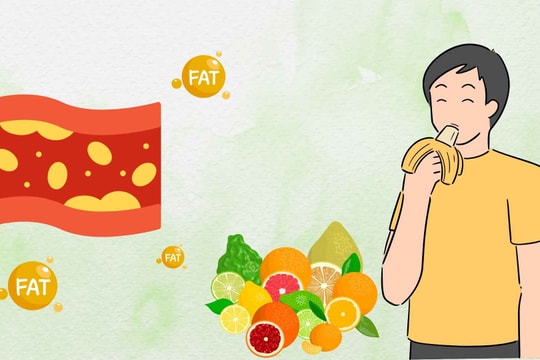Unfamiliar signs of stroke
The patient may have paralysis on one side of the body, loss of vision, and sudden, severe headache.
More than 110 million people worldwide have had a stroke. It is the leading cause of disability globally and the second leading cause of death. Strokes affect more than 100,000 people in the UK every year (one every five minutes), killing 38,000. In the US, the figures are 800,000 and 137,000 respectively.
Age, high blood pressure, smoking, obesity, a sedentary lifestyle, and diabetes are factors that increase the risk of stroke.
The problem occurs when the blood supply to the brain is interrupted, causing brain cells to die. The person may have long-term disabilities. The most common cause is a blood clot blocking the arteries supplying the brain.
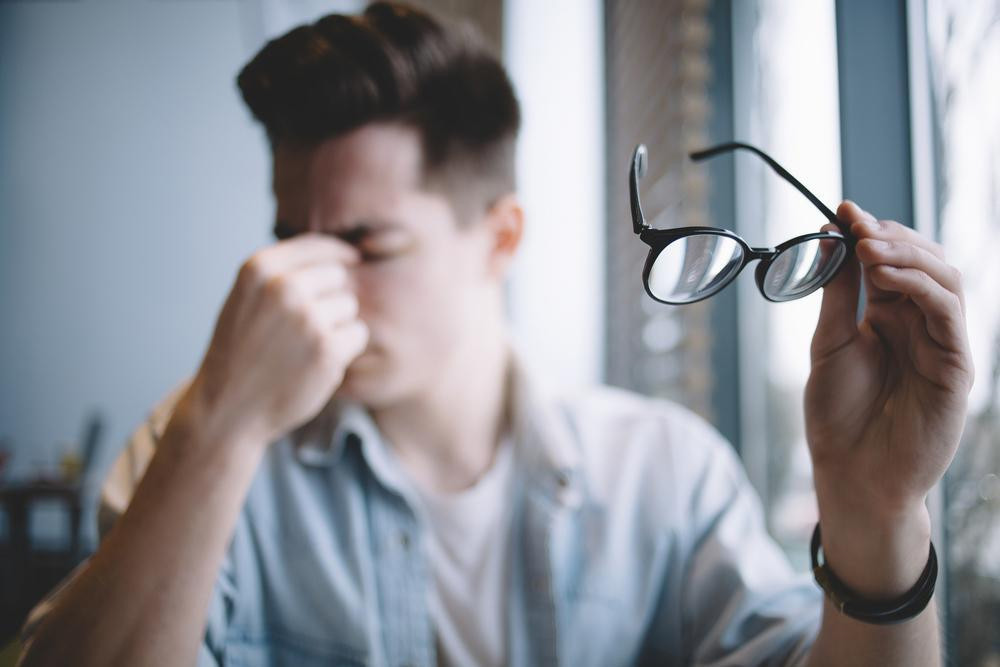 |
40% of stroke patients have visual problems. Illustration: ZO |
Stroke symptoms are often remembered under the acronym FAST:
F (Face) - Face: Ask the person to smile. Is one side of the face drooping?
A (Arms) - Arms: Ask the person to raise both arms. Does one arm drift downward?
S (Speech) - Speech: Ask the person to repeat a simple phrase. Does he or she slur his or her words?
T (Time) - Time: If you see any of the above signs, call an ambulance immediately.
In addition, there are other symptoms of stroke:
Sudden paralysis of one side of the body
Numbness in an arm, leg or part of the face is common in people who have had a stroke. Professor Martin Dennis, a stroke expert at the University of Edinburgh (Scotland), said this symptom is often caused by a pinched nerve, especially if it occurs when sitting or lying down.
If numbness suddenly occurs in the face - arm or arm - leg at the same time, this can be a worrying symptom.
Loss of vision in one or both eyes
A stroke can cause blurred vision or loss of vision in one or both eyes. In a 2017 study, 4 out of 10 people had vision problems.
“Visual loss in one eye – either transient or lasting more than a day – can indicate a problem with circulation to the eye and indicate a stroke risk,” says Professor Dennis. “Sometimes stroke patients may suddenly be unable to use the TV remote, household appliances, or bathe or dress for no apparent reason.”
Sudden memory loss
Sudden memory loss can be a rare sign of a stroke, according to Professor Dennis.
“People with dysarthria will speak incoherently, or even not be able to speak or understand anything. Doctors may judge that these people are confused or have dementia because they cannot answer questions,” the professor explained.
Dizzy
Dizziness is the feeling that you or the world around you is spinning. It can be a symptom of many health conditions, or it can be harmless.
However, when dizziness is accompanied by double vision, weakness or clumsiness in the limbs and slurred speech, it could be a sign of a stroke.
A 2016 study found that between 15,000 and 25,000 people who have a stroke each year experience symptoms of dizziness or vertigo. A 2017 analysis found that four in 10 people who have a stroke experience dizziness but do not experience other typical symptoms.
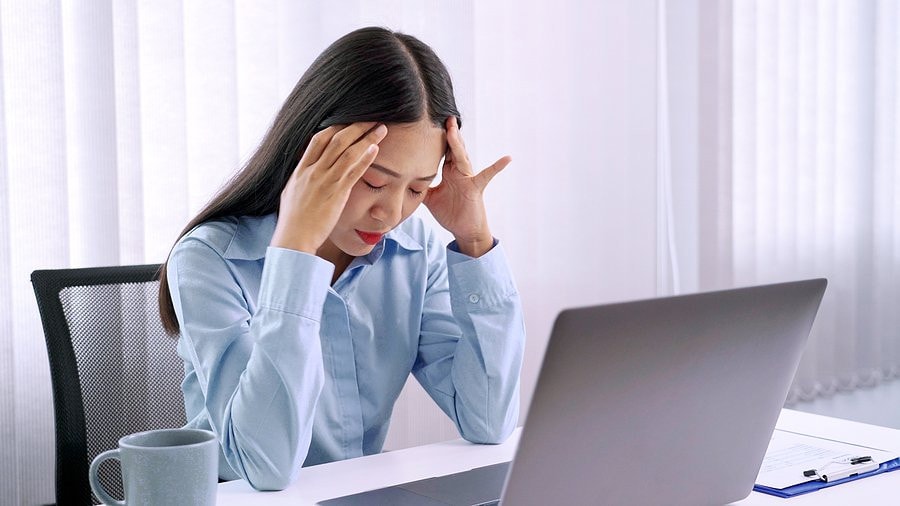 |
Sudden, severe headaches are a sign of many dangerous diseases, including stroke. Illustration: Homage |
Sudden, severe headache
Although uncommon, a sudden, severe headache can be a sign of a stroke. This is often associated with migraines, says Professor Dennis. In rarer cases, it is characteristic of subarachnoid hemorrhage or bleeding in the brain.
Bleeding between the thin layers of tissue covering the brain can often cause serious side effects, including disability or even death.
Difficulty swallowing
“Choking while eating or drinking is a sign of stroke when accompanied by other symptoms such as weakness in the arms, legs or face, and problems with slurred speech,” said Professor Dennis.
Swallowing is a complex task that requires your brain to coordinate many different muscles. If a stroke damages the part of the brain that does this, it will affect your ability to swallow.
Julie Bouverie, chief executive of the British Stroke Association, advised: “Symptoms of a stroke can vary from person to person. However, if something seems wrong or you spot signs of a stroke in yourself or someone else, it is important to call an ambulance immediately.”


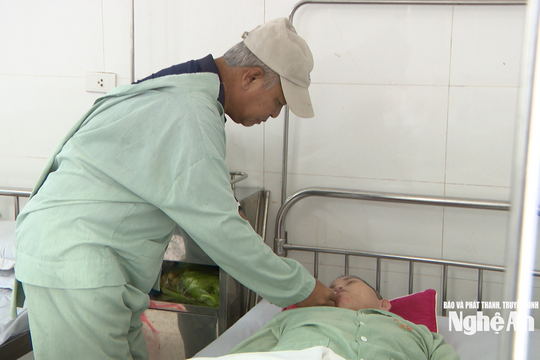
.jpg)
-6c936385358262921c0884226b06c05a.jpg)
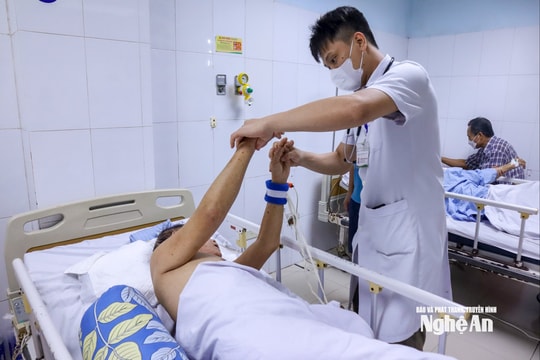
.jpeg)
